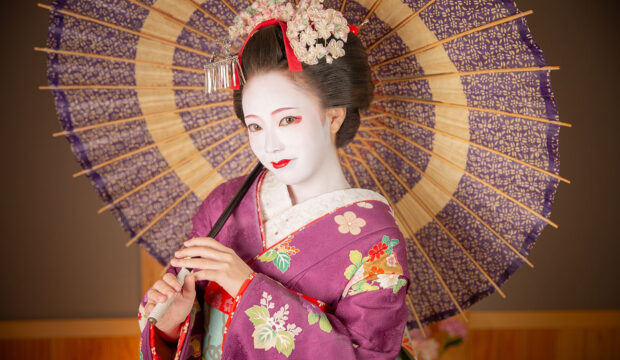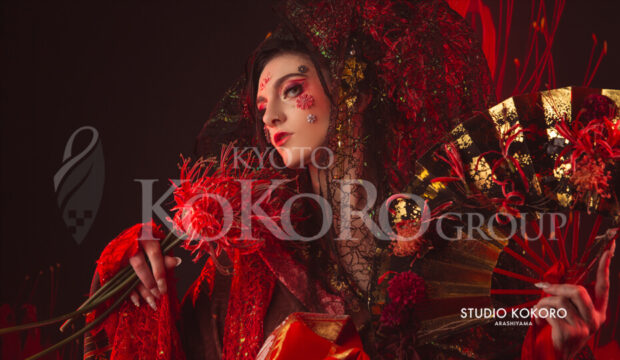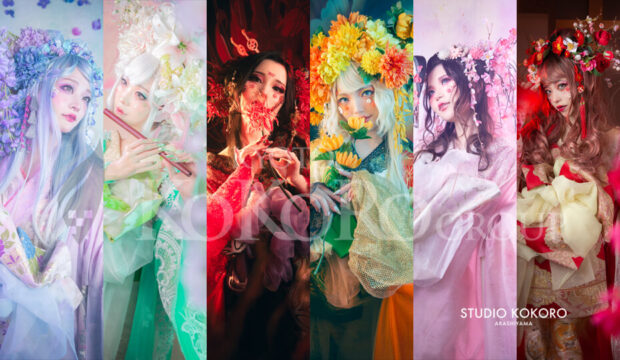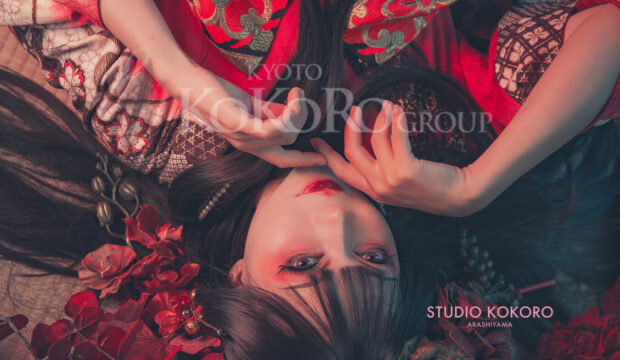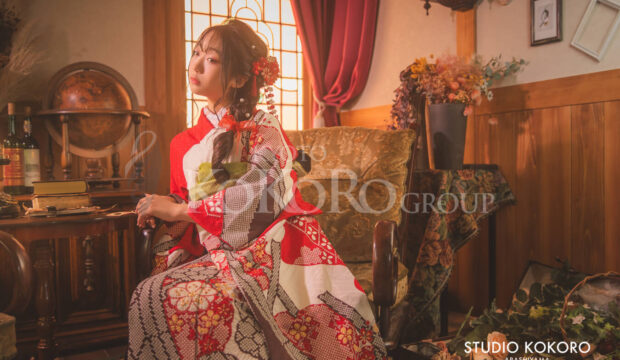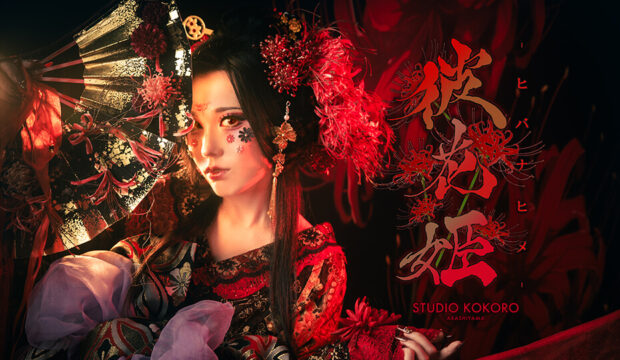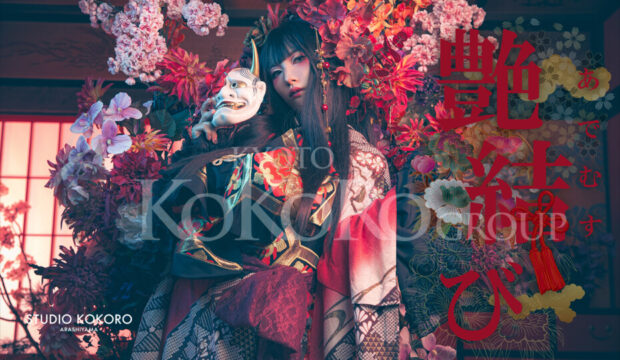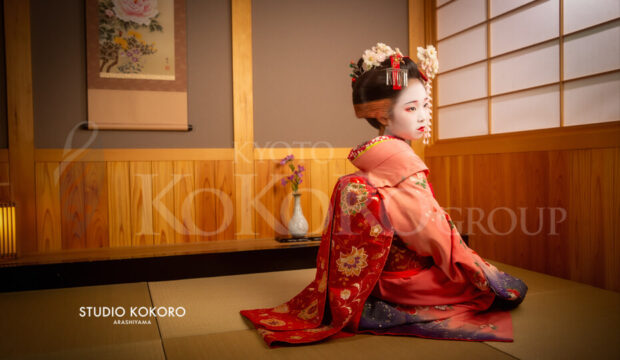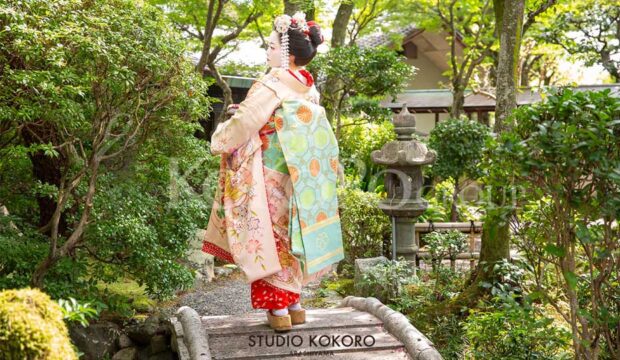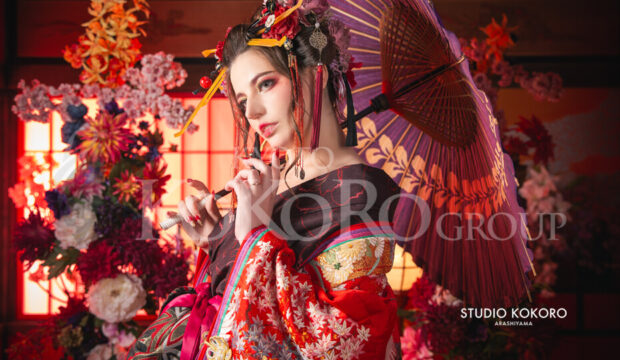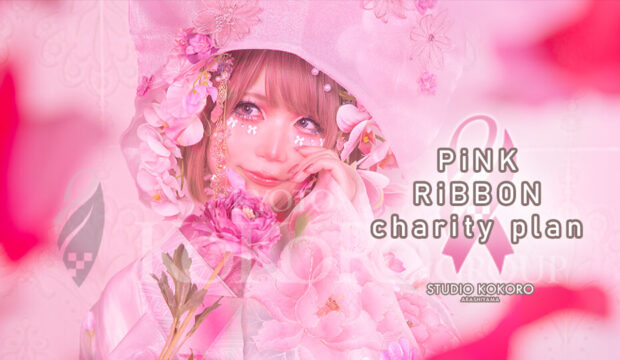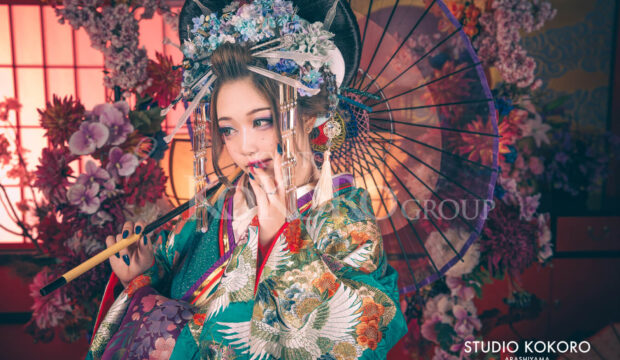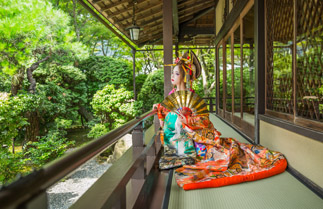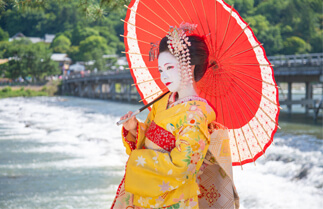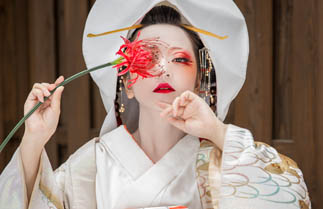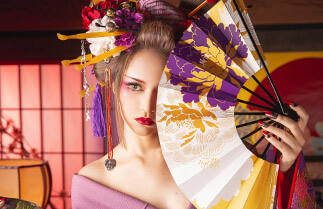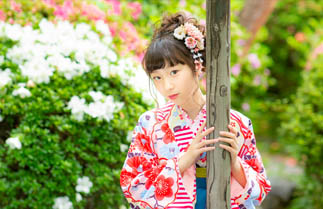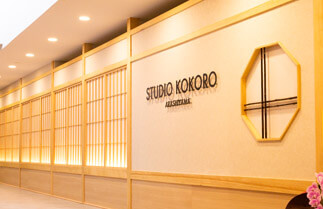Maiko vs. Geisha: What’s the Difference? (A Friendly Guide for Travelers)
In Kyoto, a maiko is an apprentice performing artist, while a geisha (called geiko in Kyoto) is a fully trained professional. Maiko wear more colorful kimono and ornate hairstyles; geiko wear refined, mature styles. Both are traditional artists—not related to adult services.
Quick Comparison
| Aspect | Maiko (Apprentice) | Geisha / Geiko (Professional) |
|---|---|---|
| Status | In training | Fully qualified |
| Usual base | Kyoto’s hanamachi (Gion, Miyagawa-cho, etc.) | Kyoto (“geiko”), Tokyo & other cities (“geisha”) |
| Kimono & Obi | Very colorful, long darari-obi | Subtle elegance; shorter obi knot |
| Collar | Often red/embroidered (youthful) | White collar (mature, formal) |
| Hairstyle | Own hair with seasonal kanzashi | Wig (katsura) with fewer ornaments |
| Footwear | Tall wooden okobo clogs | Low zori sandals |
| Main work | Training & performances under mentorship | Performing arts at banquets/tea houses; refined hosting |

Who Are They?
Maiko
Maiko are apprentice entertainers who study classical dance, shamisen, singing, etiquette, and traditional hosting. They typically live in an okiya (boarding house) and are mentored by senior geiko. Their public image is youthful and vibrant—bright kimono patterns, long sleeves, and striking accessories reflect their stage of learning.
Geisha / Geiko
Geisha (Kyoto: geiko) are fully trained professionals. Their style is serene and understated; performances emphasize mastery and grace. They entertain at ochaya (tea houses) and private events, offering music, dance, refined conversation, and games.
A Brief History (Very Short!)
The tradition began centuries ago as professional performing arts and hospitality in Japan’s pleasure quarters. Over time, the artistic role separated from nightlife businesses. Today, maiko and geiko are cultural artists safeguarded by local communities and codes of conduct.
Common Misconceptions—Cleared Up
- “Geisha are sex workers.” False. They are traditional artists and hosts; engagements are arranged for time, performance, and skill.
- “You can casually take photos with them on the street.” Not without permission. Some districts restrict street photography to protect residents and working artists.
- “Maiko and geisha are just costumes.” The outfits are part of a serious art form. Visitor makeover sessions are a way to appreciate aesthetics, not the profession itself.
How to Tell Them Apart at a Glance
- Color & Shine: Maiko = bright, youthful; Geiko = soft, refined.
- Collar: Red/embroidered for maiko; white for geiko.
- Obi: Long, trailing darari-obi for maiko; shorter tied knot for geiko.
- Hair: Maiko use own hair with seasonal kanzashi; geiko usually wear a katsura wig.
- Shoes: Maiko in tall okobo; geiko in flat zori.
Meeting a Maiko or Geiko (Etiquette Tips)
- Book official experiences through reputable venues or cultural events.
- Be timely & respectful: arrive on time; follow host guidance.
- Photography: always ask; some performances or streets may prohibit photos.
- Conversation: polite, curious questions are welcome; avoid intrusive personal topics.
- Dress & behavior: smart-casual is fine; keep voices moderate and phones on silent.
For Travelers: Experience the Aesthetics Yourself
You can enjoy the look and artistry in two ways:
- Cultural Makeover & Photoshoot — respectful styling and portraits. Book a Maiko Makeover
- Learn Through Culture Articles — dive into textiles, motifs, and etiquette. Read more
Note: A makeover does not make one a professional maiko or geiko; it’s a photography and cultural dress experience for visitors.
Practical FAQ
Is it okay to call them “geisha” in Kyoto?
Locals usually say geiko; using either is understood, but “geiko” shows cultural awareness.
Are maiko always teenagers?
They are apprentices in early stages of their careers; ages vary by district rules. The key point is training status.
Can I book a private dinner with geiko?
It’s possible through approved agencies/venues and can be expensive. Always book via official channels.
What should I wear to a performance?
Smart-casual is fine unless specified otherwise by the venue.



